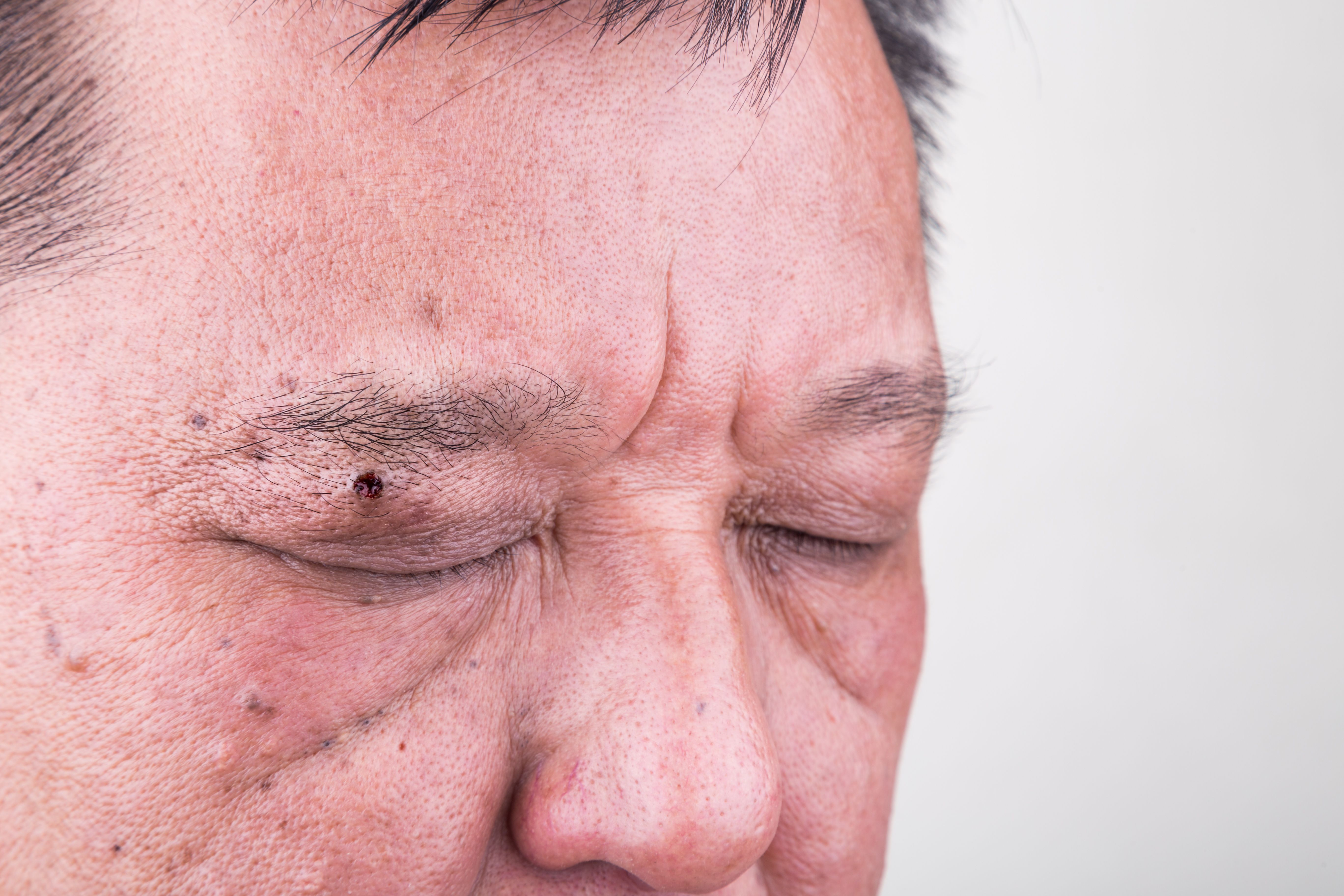- Case-Based Roundtable
- General Dermatology
- Eczema
- Chronic Hand Eczema
- Alopecia
- Aesthetics
- Vitiligo
- COVID-19
- Actinic Keratosis
- Precision Medicine and Biologics
- Rare Disease
- Wound Care
- Rosacea
- Psoriasis
- Psoriatic Arthritis
- Atopic Dermatitis
- Melasma
- NP and PA
- Skin Cancer
- Hidradenitis Suppurativa
- Drug Watch
- Pigmentary Disorders
- Acne
- Pediatric Dermatology
- Practice Management
- Prurigo Nodularis
- Buy-and-Bill
Publication
Article
Dermatology Times
The immunology and immunotherapy of melanoma
Author(s):
Continued research has led to a variety of melanoma immunotherapy medications, leading to improved survival of melanoma patients. Clinicians should have a firm grasp of the immune mechanisms behind these novel therapies to provide the best advice on treatment and management options of their melanoma patients
““I consider dermatologists as the primary care physician for melanoma patients and as such, it is good for us to be well versed in this specific field," says Dr. Delphine J. Lee

New and innovative immunotherapy medications of late have shown a durable clinical benefit in cancer patients including those patients with malignant melanoma. It is important for clinicians to understand the intricacies of the immune mechanisms driving these evolving immunotherapies in order to provide guidance when melanoma patients seek their advice on the best treatment and management strategies.
“Melanoma is one type of cancer that is most relevant when it comes to tumor immunology since it is one of the most immunogenic tumors. As such, it should be one of the central goals of dermatologists to gain a better understanding of immunologic pathways as well as the mechanisms of new and evolving immunotherapies, as these are key for understanding many current and emerging treatments,” said Delphine J. Lee, M.D., chief of dermatology and residency program director at Harbor UCLA Medical Center, Los Angeles.
There are several FDA-approved or established melanoma immunotherapies including immune checkpoint inhibitors, adoptive cell transfer, as well as vaccines, while cytokines and BCG can be used to enhance the host’s immune response to fight the tumor. Antibodies against the immune checkpoint regulators such as ipilimumab, nivolumab and pembrolizumab have all shown benefit in survival, offering much hope for this patient population.
According to Dr. Lee, adjuvant therapy is an exciting area of treatment that dermatologists should also be aware of, as these immunotherapy strategies such as immune checkpoint inhibitors are now approved as adjuvant therapy for patients who have had their initial disease treated. Just a few years ago, Dr. Lee said that those patients who had lymph node involvement (Stage III disease) were either observed, received interferon alfa or radiotherapy, or could hope to enter a clinical trial after their definitive surgery. Today, melanoma patients have an increasing variety of immunotherapy medications that can be wisely chosen from once they are NED (No Evidence of Disease) and hopefully help them prolong survival. Melanoma may still be a formidable disease Dr. Lee said, but melanoma therapy has come a long way and the recent successes have fueled further research in this quickly changing, dynamic field.
“In the past, we just didn’t understand how to manipulate the immune system in the right way. Back when we were making the vaccines in the 1980s, we did not know about immune checkpoint molecules. Now that we understand so much more about the immune system and how it is regulated, we are able to offer our patients advanced immunotherapies that help them improve their survival. It’s just so amazing and great to witness the positive changes that have happened in melanoma therapy in the last few years,” Dr. Lee said.
Future melanoma treatment approaches may consist of personalizing therapy one step further. For example, a patient’s novel tumor neoantigens would be identified and, after determining which ones are most highly expressed, vaccines would be developed against those tumor antigens with the goal to improve the patient’s immune system so it recognizes them. Dermatologists will have many different treatment strategies to choose from now that the immune system is more understood and R&D has yielded much better tools to manipulate the immune system, said Dr. Lee.
“I consider dermatologists as the primary care physician for melanoma patients and as such, it is good for us to be well versed in this specific field. As dermatologists, sometimes we get so busy and have so many patients, but we should not fall in the trap of giving up our more complicated patients after they are referred to other specialists. We will still see them in follow-up for monitoring and screening for new primary lesions or recurrences. We went into dermatology for the variety and we have the ability to advise these patients and not just focus on the easy bread and butter dermatology cases,” Dr. Lee said.
Disclosures: Biogen – SH(NC);






